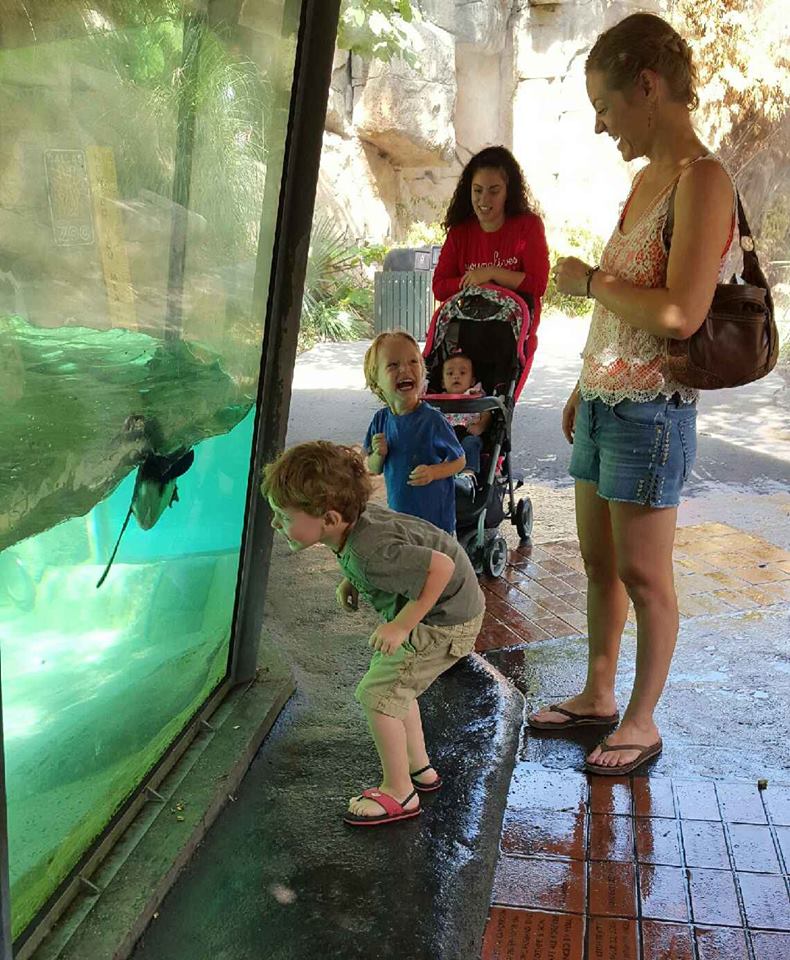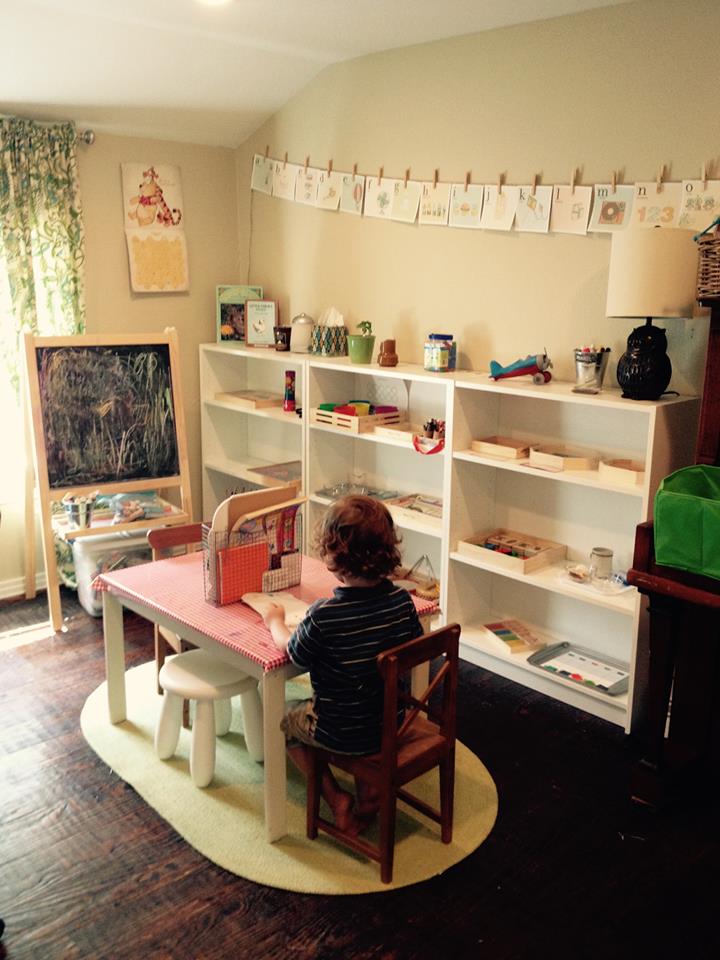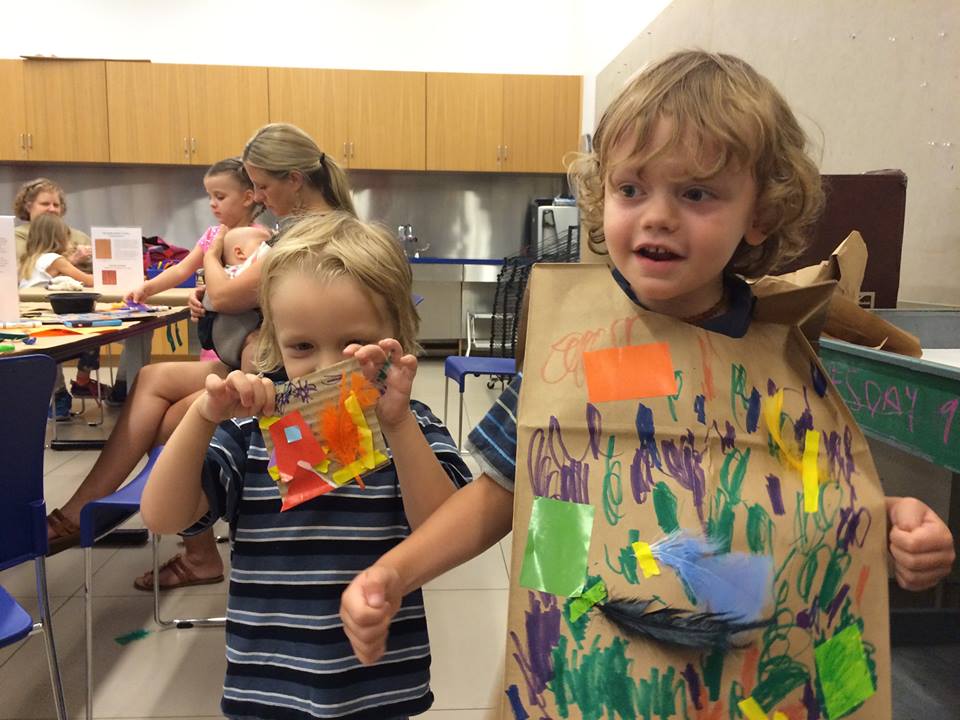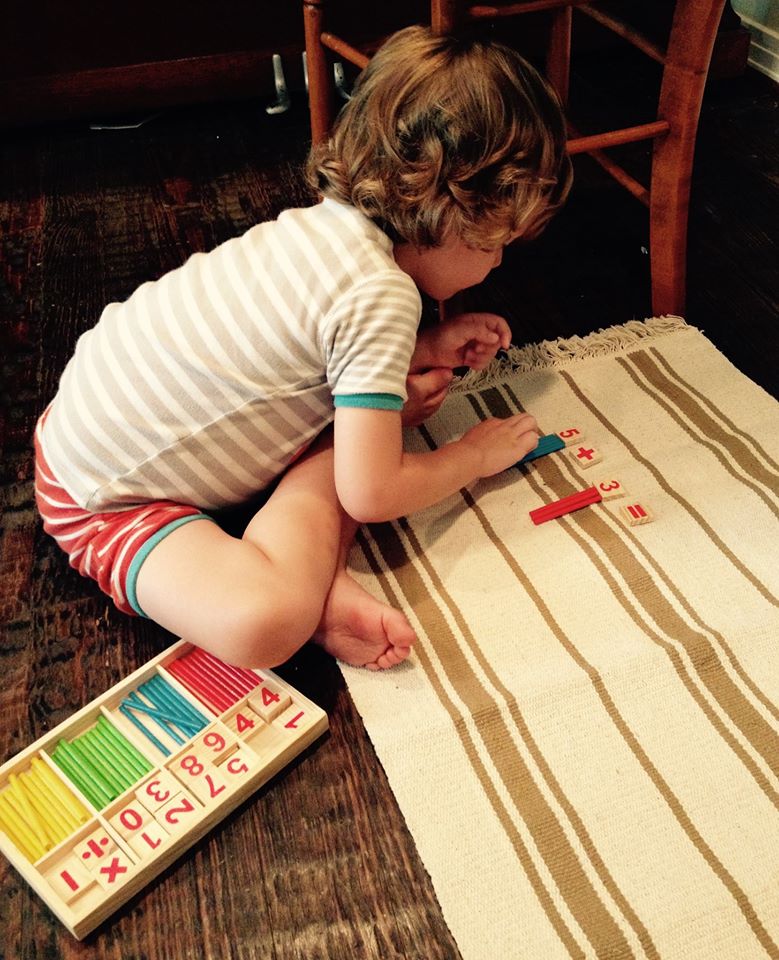Lately, Gregory has been using our car trips to start conversations about all manner of things. I love how his little mind is exploding with depth lately– this almost-5-years-old stage of development is so wonderful to witness.
Over the past few weeks, our car rides have consisted of all types of deep childhood dilemmas, such as: How long will it take him to become an adult, and will AJ also be an adult someday? When he gets older, will he be a Dadda, or a Momma? Why did Anakin Skywalker turn into Darth Vader? Where does one buy a baby, and how can he get one? Are all types of chocolate brown? Is there really a yogurt monster, and why is he so angry?
So it was no surprise to me that Gregory wanted to have a conversation the moment we got in the car to leave for the zoo today.
“Momma,” he said. “Jesus really loves me.”
“Aw, that’s a nice thing to talk about. How do you know that?” I was expecting a ‘Sunday School answer’, even though we try to stay away from anything trite sounding when we talk to our kids about life.
“I just know it Momma. You know how I know it?”
“How?”
“Because, Momma. He knows me. He knows my NAME. That’s how I know He loves me.”
Despite the fact that my mind was on a million other logistical things at the moment, I felt the immediate impact of his words. I even felt a bit teary. I couldn’t explain why those words affected me so greatly, but they did.
As we kept driving, I kept mulling the words over and over again. “He knows my name.” Darn those four year olds and their ability to say the most profound things!
I first wondered about how Gregory ever thought to voice such an amazing concept in this way. I remembered back to our grocery trip a few days prior, where a stranger told him he was a really cute little boy and “what a good helper you are!” Right after she left, Gregory giggled and said, “She was nice, momma! But she called me ‘little boy’. She doesn’t really know me. She doesn’t know my real name.”
She doesn’t know my REAL name.
What is it that a toddler understands about names that we as adults have forgotten?
I started thinking about how we use names in our society. We call it “first name basis” for a reason– only your closest friends call you by your first name, whereas everyone else uses, “Mr. or Mrs.” as a respectful title that preserves a type of anonymity and distance in the public sphere.
I started remembering back to the “playground days” of my childhood (a difficult thing for me to do, since I was mostly homeschooled) and to the way children mock one another by distorting their name into something silly or disparaging. Kids love to name-call, and it’s easy for caregivers to say it’s wrong and mean.
But are we as adults any different?
I don’t know about you, but lately it’s difficult to go on Facebook or any social media for more than five minutes before encountering sickening news about the world around us. There is such a disregard for human life at this juncture in our history, whether we’re talking about immigration, political corruption, black lives matter, refugees, vaccines, police brutality, gun control or wars in the Middle East.
Regardless of who is right and who is wrong on whatever issue is at hand, the consistently ugly part about it all is the way we reduce the opposing side to something less than human. My firm belief is that this attack on the humanity of those who disagree with us is meant to somehow give us distance and makes it easier to oppose them. We can just boil in our self righteous indignation, type “SMH” (shaking my head, as I recently discovered) and write them off.
It’s even easier to distance ourselves from the humanity of our opponent when we are all sitting behind our computer screens, preaching to the echo chamber, dog-piling our virtual opponent under verbose arguments that stream from our keys instead of our mouths. We also do it when we’re driving and someone cuts us off. “You idiot!” is the common G-rated phrase for this type of situation. We reduce our opponent’s humanity down to a spliced second.
We even go one step further than name calling. We reduce people to labels, because then we feel more comfortable and can make sense of a situation. Oh, they are just a liberal. They are just a conservative. They are just an environmentalist. They are just a terrorist. If we can just label them with a racial/political/geographical/ideological slur, then somehow they aren’t as much of a threat.
But how can something as complex as a human being, created in the image of God, be “just an” anything? To reduce anyone to their ideas, beliefs or actions is to destroy this image of God, to smash down what God created and said was “Good”. We love that which we can understand and control, and even our own inability can become an idol, as we hack off large parts of what it means to be a “person” in order to cling to our arbitrary definitions.
And then we have self-labeling, the most depressing kind of name calling. People feel empty and don’t know who they are, so they look for society to tell them which way is up. Our world is struggling to find self-worth, groping around amongst the things that make them angry, sad or happy, hoping to somehow find an identity within it all. These artificial labels do not fill them with any sort of real love or belonging, and so they succumb to hopelessness, finding ways to numb the pain. Having been there myself, I think this drive to be loved, cared for and truly understood is the cause of so many of problems in oursociety.
Organized religion isn’t always the answer either. As a teen growing up in a Christian School, I was always given the advice to “find my identity in Christ”, but that well intentioned concept was always too vague. It always seemed like the answer you gave someone when you didn’t really know the answer. In my experience, “finding one’s identity in Christ” just became yet another type of labeling. You are a Christian because you say the right phrases, do the right things, vote a specific way and only buy the Christianized consumer version of everything the secular world has to offer. But that sort of “identity in Christ” was just as empty– worse, even, because I felt like it should fill me, even though it didn’t.
When Gregory talks about names, he isn’t talking about what he’s done, what he believes, which Christian movie he just went to, or what mistake he is about to make. There is a name that only Christ has for my Gregory, and it is a love I will never be able to reduce with a label. He shouldn’t search for himself in Christ– he should search for Christ’s love in every moment of every day, basking in it, reminding himself constantly that no matter what happens, He is loved. When you are already full, you don’t go searching for other labels– you just enjoy the moments that you are given, glowing from within. Love is the only identity we need.
I once had a priest tell me in confession, “If you could only see yourself how God does, you would never loathe yourself again. If you could only see others as God sees them, you would never hate anyone else again.”
How I wish I could remember this basic concept! It isn’t about what I call myself. It isn’t about which ideas I align with, how I vote, which parenting philosophy I undertake, or which job I currently have. My name– the one that God has given me — is something more precious than any identity or label that the world tempts me with.
He sees me.
He loves me.
He knows my heart, and He knows what I need before I can ask for it.
He knows my name.



